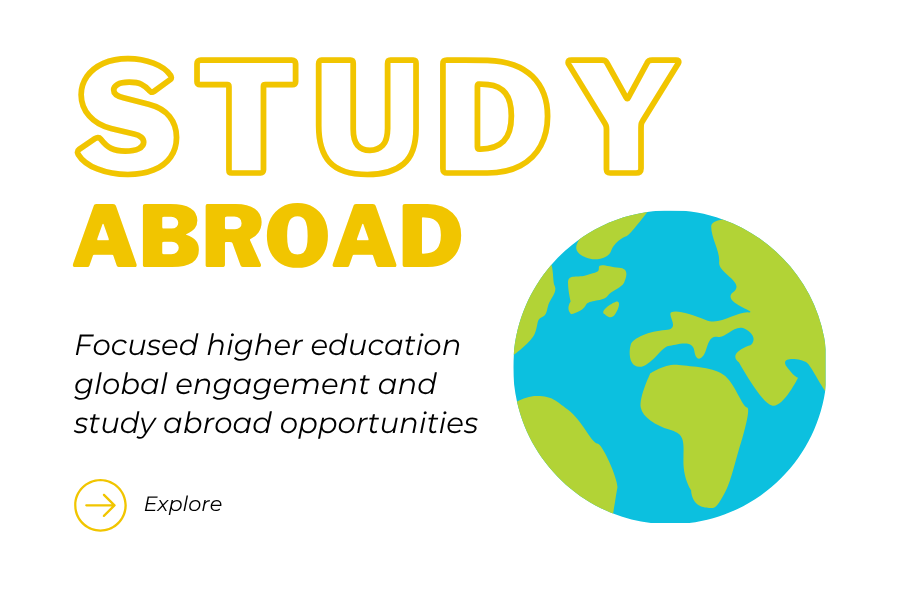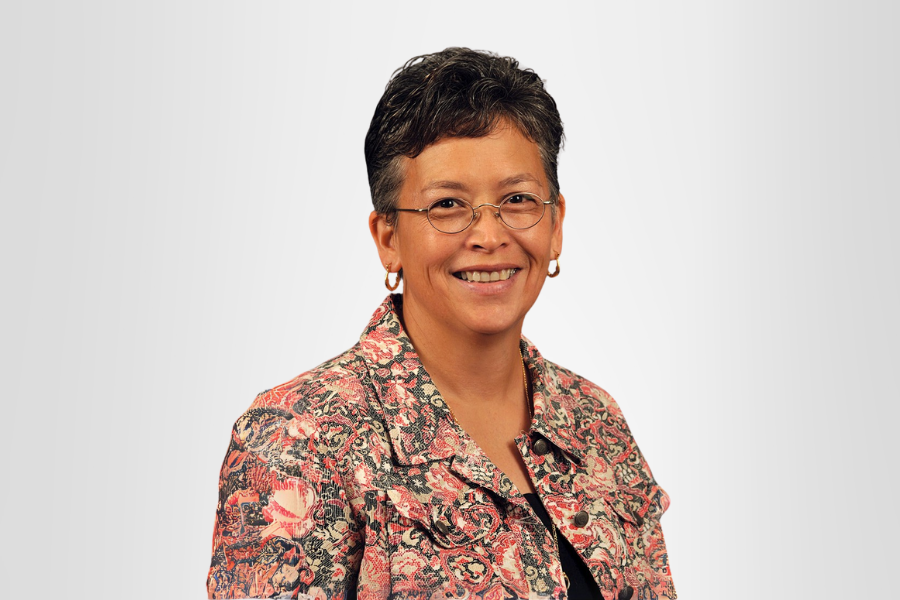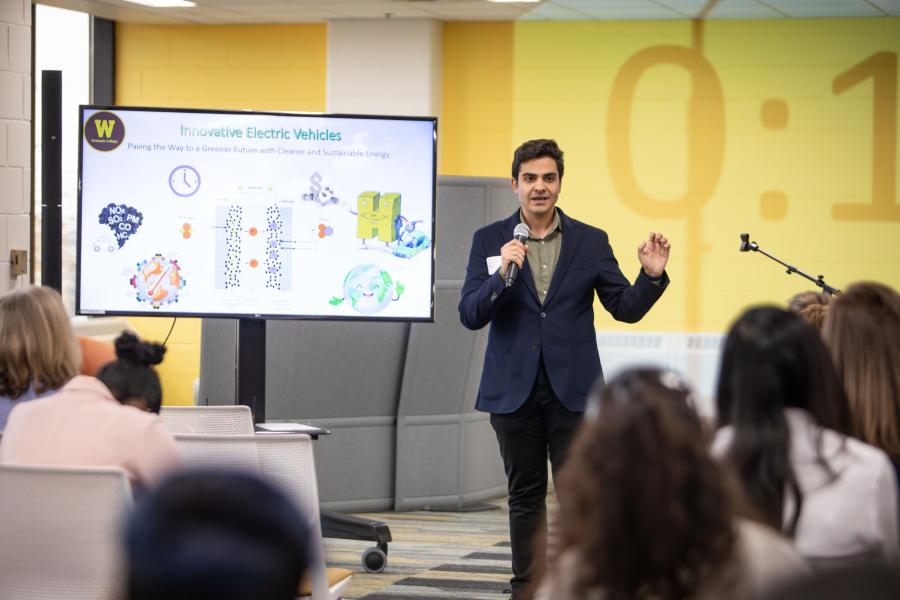Overview
The Global Leadership and Learning graduate program at Western Michigan University, offered in-person with some hybrid coursework, equips students to lead effectively in diverse, international contexts. This 30-credit program, housed in the Department of Educational Leadership, Research and Technology, provides a comprehensive exploration of leadership and organizational learning across global settings. Students develop the advanced skills needed to navigate complex challenges, foster inclusive environments, and implement strategies that support collaboration, innovation, and ethical decision-making. Coursework emphasizes understanding organizational culture, leading diverse teams, and applying principles of adult learning and change management to global contexts. Designed for graduate students from a range of disciplines, the program complements existing graduate studies and prepares students for leadership roles in educational institutions, international organizations, and global professional environments. Graduates leave with both the theoretical foundation and practical tools to make a meaningful impact in today’s interconnected world.

Meet Deniss
Deniss Efesper Nkya, M.A. '24, a Fullbright Scholar is a Global Engagement and Learning Specialist.
Discover more











